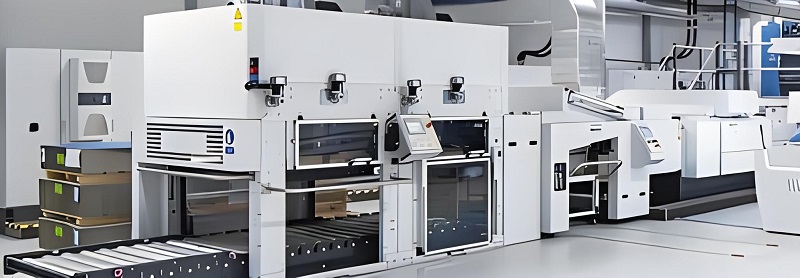In the medical field, the application of innovative technologies can often bring revolutionary progress, and the development of materials science is particularly critical. In recent years, Magnesium metal has become a major breakthrough in the field of medical devices due to its unique biocompatibility and biodegradability, bringing new alternatives to traditional treatment methods.

Magnesium metal is a lightweight metal with good mechanical properties and biocompatibility, and most importantly, it has good degradability in the living body. This means that magnesium-based medical devices can gradually degrade in the body after completing their biological functions, avoiding the need for secondary surgery to remove the devices, greatly reducing patient pain and surgical risks, and also reducing medical costs.
Application of magnesium metal in orthopedics
In the field of orthopedics, magnesium metal is particularly widely used. Since the strength of magnesium is similar to that of bones, magnesium alloys are used to make bone nails, bone plates and other orthopedic implants. While helping fracture healing, these magnesium-based implants can be gradually absorbed by the body and eventually completely degraded, thus avoiding problems such as foreign body reactions and chronic inflammation that may be caused by traditional titanium alloy and other material implants left in the body for a long time.
Application of magnesium metal in cardiovascular field
Cardiovascular disease is one of the major health threats worldwide, and stent implantation is a common treatment for coronary artery disease. Although traditional metal stents can effectively expand narrow blood vessels, long-term stay in the body may cause complications such as endothelial damage and thrombosis. Magnesium alloy stents provide a new direction to solve this problem due to their degradable properties. While this kind of stent expands blood vessels and maintains smooth blood flow, it can gradually degrade after completing its function and is eventually absorbed by the body, reducing the risk of long-term complications.
Biocompatibility and safety of magnesium metal
Although the application of magnesium metal in medical devices brings many advantages, its biocompatibility and safety are always the focus of research. The degradation of magnesium in the body will produce hydrogen gas and magnesium ions. Therefore, how to control its degradation rate and avoid accumulation of hydrogen gas and excessive magnesium ion concentration is a key issue that needs to be solved in the development of magnesium-based medical devices. Through alloying, surface treatment and other technologies, scientists have been able to effectively regulate the degradation rate of magnesium alloys to ensure that they provide therapeutic effects without causing adverse effects on the human body.
In the future, with the continuous advancement of materials science and biomedical engineering, magnesium metal will have broad application prospects in the field of medical devices. In the future, with the development and clinical application of more magnesium-based medical products, magnesium metal is expected to bring good news to more patients, especially in the fields of orthopedics, cardiovascular and other fields. In addition, the biodegradability of magnesium metal also provides new material options for tissue engineering, drug delivery systems and other fields, indicating that it will play a more important role in the medical and health fields.
In short, magnesium metal shows great application potential in the field of medical devices due to its unique biocompatibility, degradability and good mechanical properties. With the deepening of relevant research and the maturity of technology, it is expected that magnesium-based medical devices will play a more important role in improving patient treatment effects and quality of life in the future.